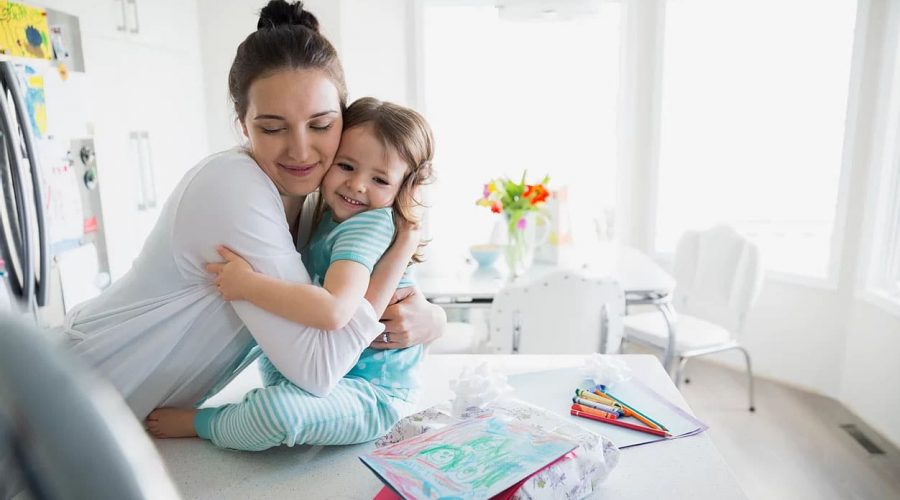This Financy article was first published on Yahoo Finance. COVID-19 lockdowns have blurred the lines between unpaid and paid work to the point that most women in coupled relationships have had jack of it.
‘How could a contemporary female like myself, with feminist principles and innovative thinking capacity, still end up cohabitating with a caveman?’
This is just one of the 3,000 comments obtained from a recent online survey, titled, Work and Care in the Time of Covid-19 conducted between 7th May and 4th June 2020.
The purpose of the survey, conducted by University of Melbourne Professor Lyn Craig, was to examine how longstanding patterns in work-family and gender relations, central concerns of sociology, would be tested and disrupted during the pandemic.
Early on in the pandemic, hopes were raised that COVID-19 might actually be good for gender equality if it helped to make the invisible unpaid work load, of caring for children, doing domestic household work and management, become more visible between the sexes and therefore valued by society and government.
However, the predominate view of women, who overwhelmingly do the brunt of unpaid work for free across the Australian economy, is that the pandemic has pushed gender equality back in time.
“For many, the crisis made it worse, and gender inequities proved resistant to the changes in temporal and spatial workplace constraints,” says Professor Craig.
The views of those who were extremely dissatisfied with the gendered share of paid and unpaid work revealed that to many of the women, it felt like a return to a prior era.
‘Hello 1963!’
‘What is it 1950?’
‘I feel like it’s 1952 in here.’
‘I feel like I am a 1950’s housewife.’
The 1950s in Australia was a period when society largely viewed a woman’s role as being in the home to the point that even generates of birth certificates featured “housewife” as the main default occupation of Mothers.
Other survey respondents noted that increased unpaid work tasks at home were happening on top of additional employment demands.
‘I suddenly find I’m living in decades gone by in terms of house and family care load, but also expected to continue to work.’
Others reported that household resources to work from home were not being shared equally and that their male partner took prime space and time for work while the female partner did everything (paid and unpaid) at once.
‘I work downstairs in our living area where I supervise our kid, my husband works upstairs with no supervision duties.’
‘[I’ve] dropped everything to home school the kids and keep the home running – and of course quiet – while [my] husband’s job rolls on via laptop in a closed off room.’
Some women in this category commented explicitly on the broader implications for gender equality.
‘I am angry, I am disillusioned, I am depressed…the feminist cause has been set back 10 years by this pandemic and the conditioning of our society (both for males and females) makes it blatantly obvious that gender equality is far from a reality.’
‘I have two master’s degrees yet somehow I am now doing it all. How did this happen?’
‘How can we have come so far only for it to matter so little when the chips are down?’
Leadership Mentor and author of the book Meaning Matters Alena Bennett says the impact on women of this crazy time and the unusual ways of working that we’ve all been forced into by the pandemic is not discussed enough.
“Without conversation, we cannot raise awareness of the possible negative imprint this time will have permanently on women: this extends from financial equality through to their own psychological sense of purpose and fulfilment.”
But despite many women being dissatisfied with their partner’s share, there were some who had the opposite experience.
“For some, there was welcome improvement in shares and time stress, and perhaps grounds for cautious optimism,” says Professor Craig.
These women, although the minority, reported being more satisfied and said that the lockdowns had engendered more equality in paid and unpaid work.
‘The pandemic has really shifted things for our family. More discussions, acknowledgement of the work I was doing and a fairer division of labour.’
‘My husband has done more now than in 27 years together.’
‘It has actually brought us together. [The gender division of labour] is still not fair…but it’s fairer than it was before.’
Join the Financy social communities that support achieving economic equality on LinkedIn and Facebook or follow our official pages on LinkedIn, Facebook, Instagram and Twitter.












